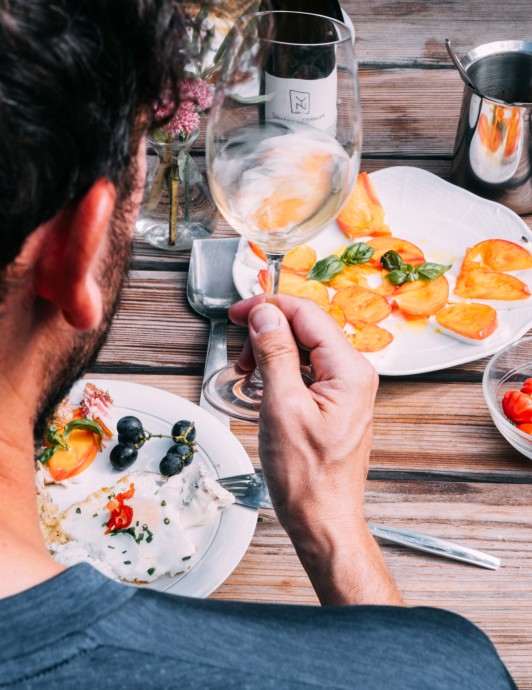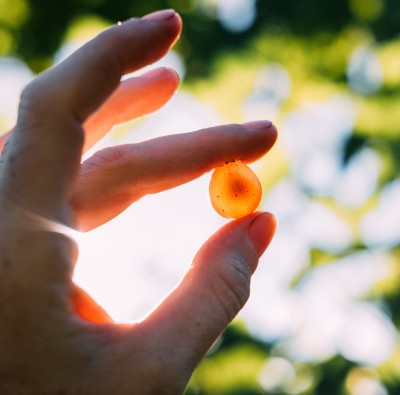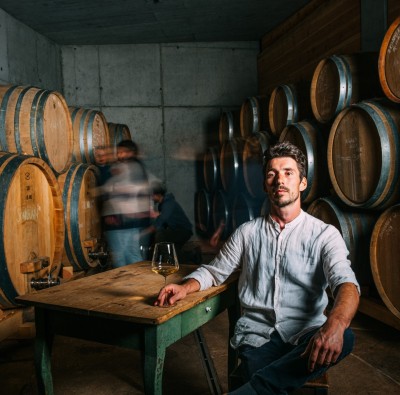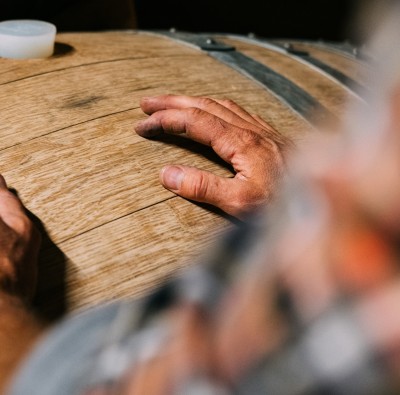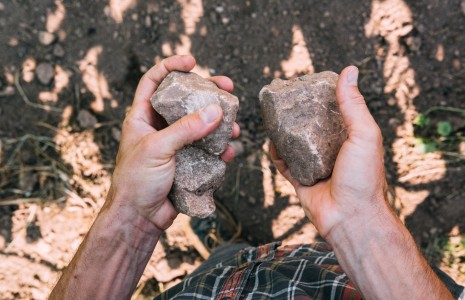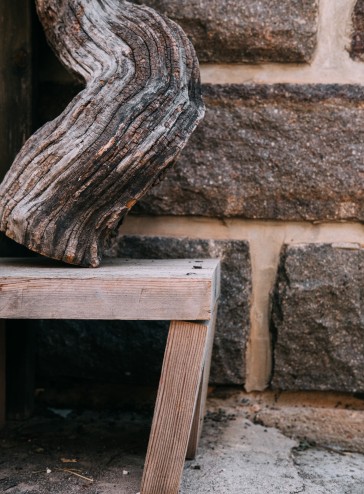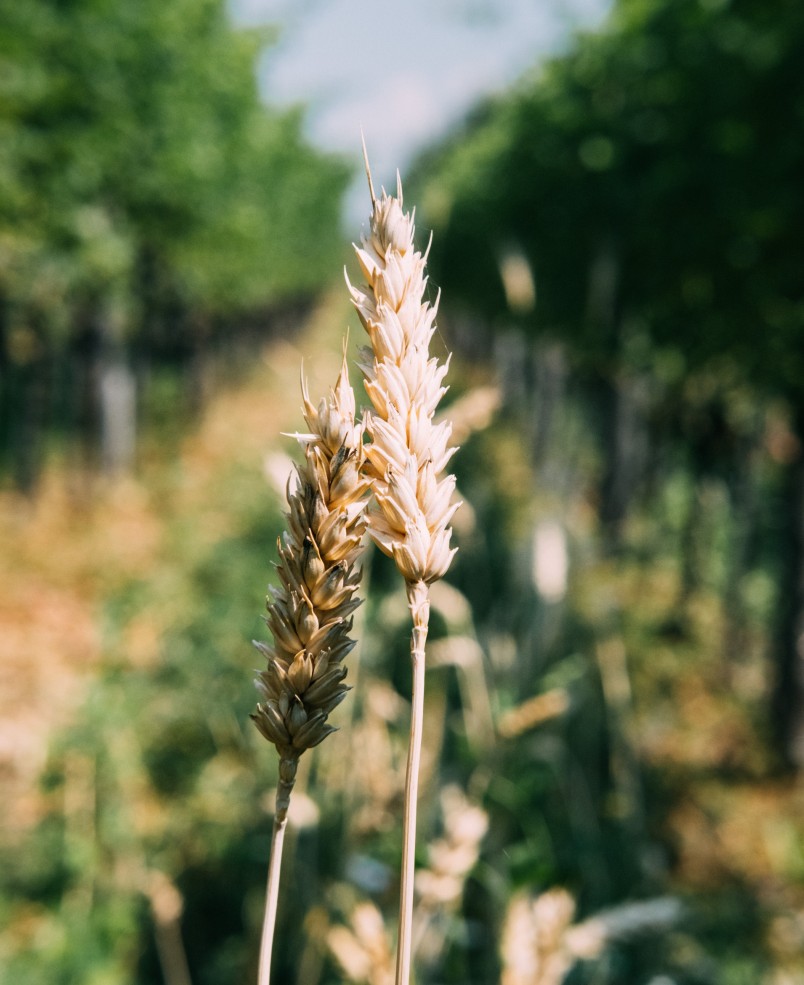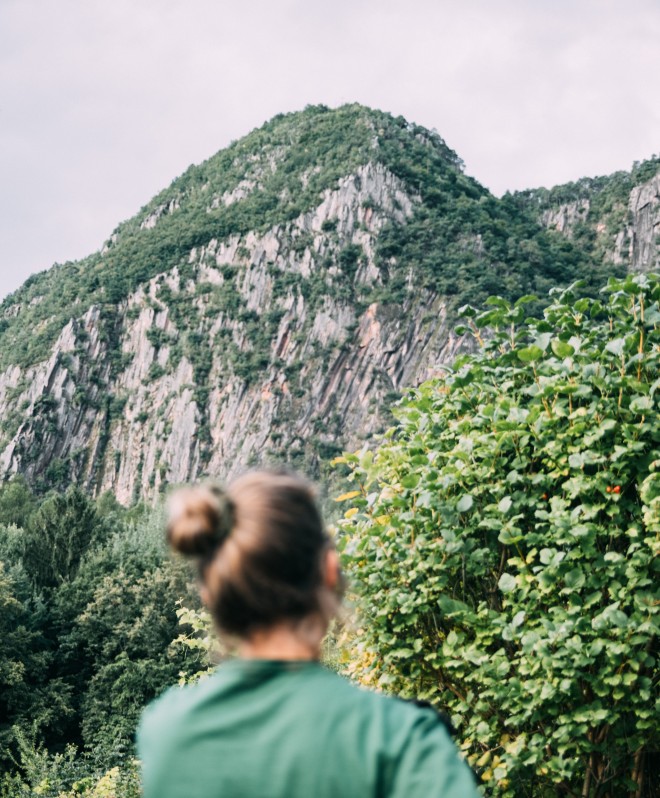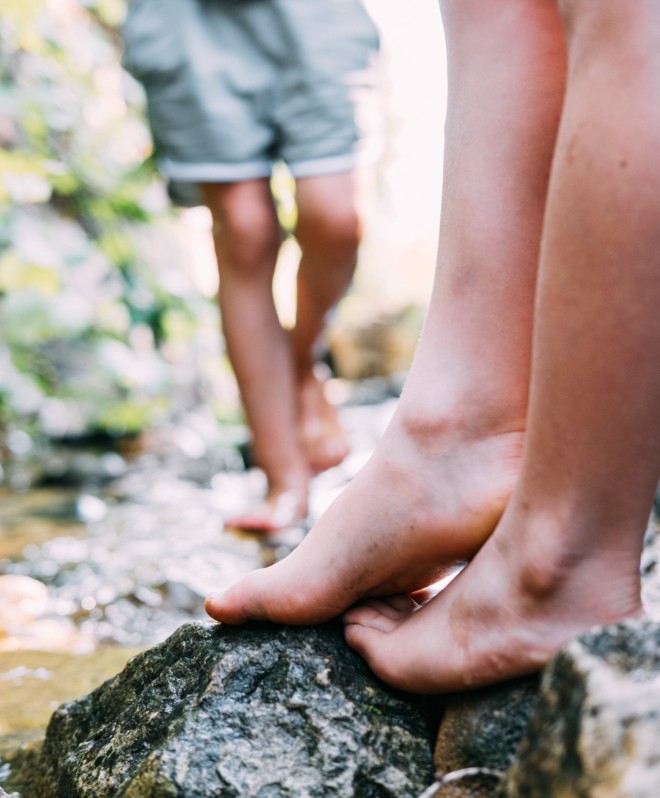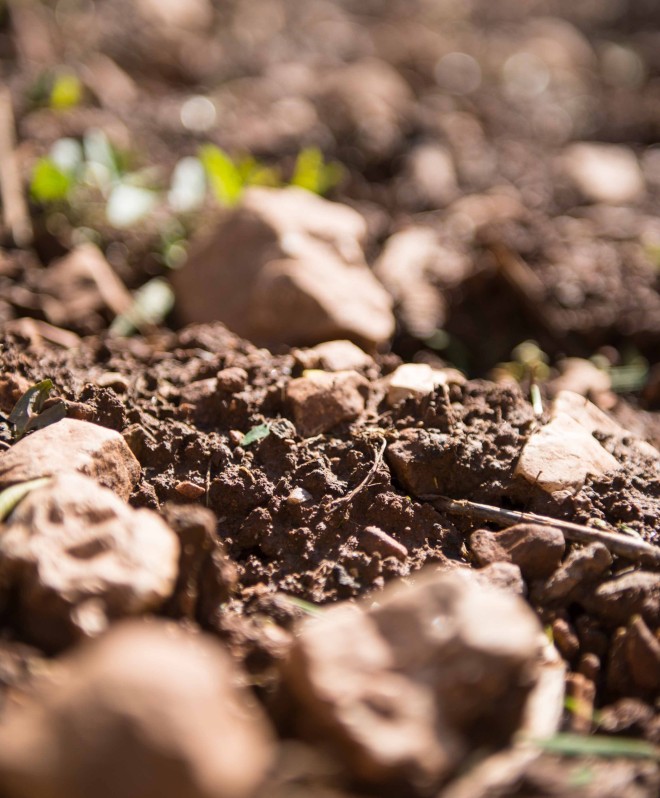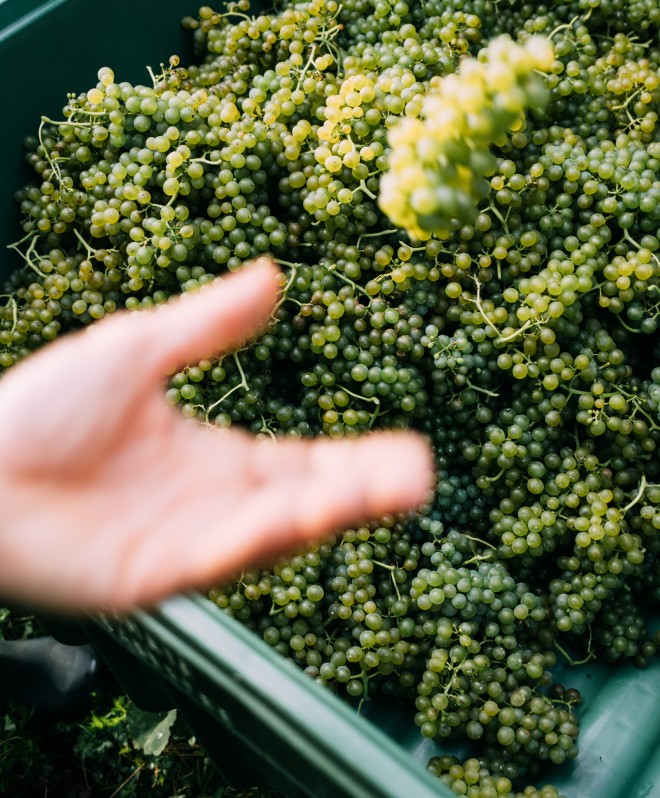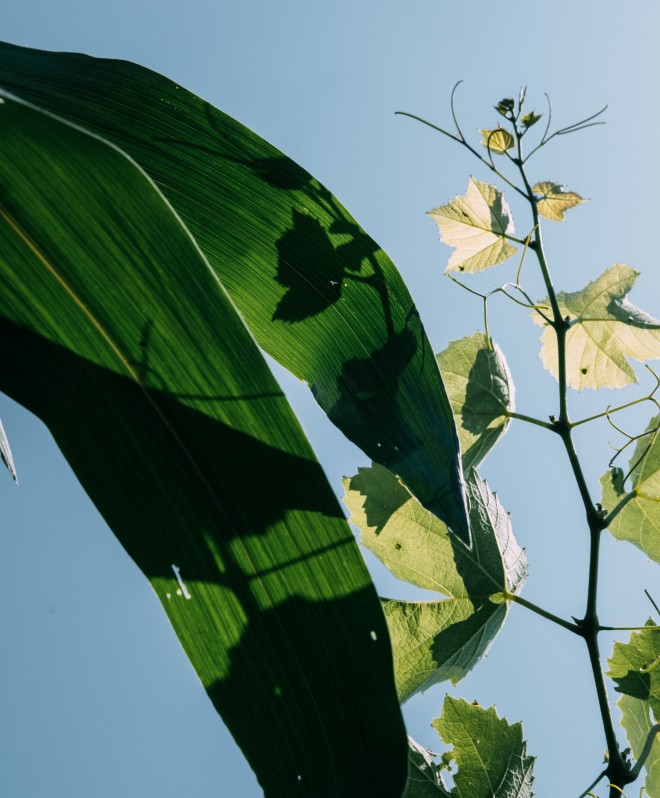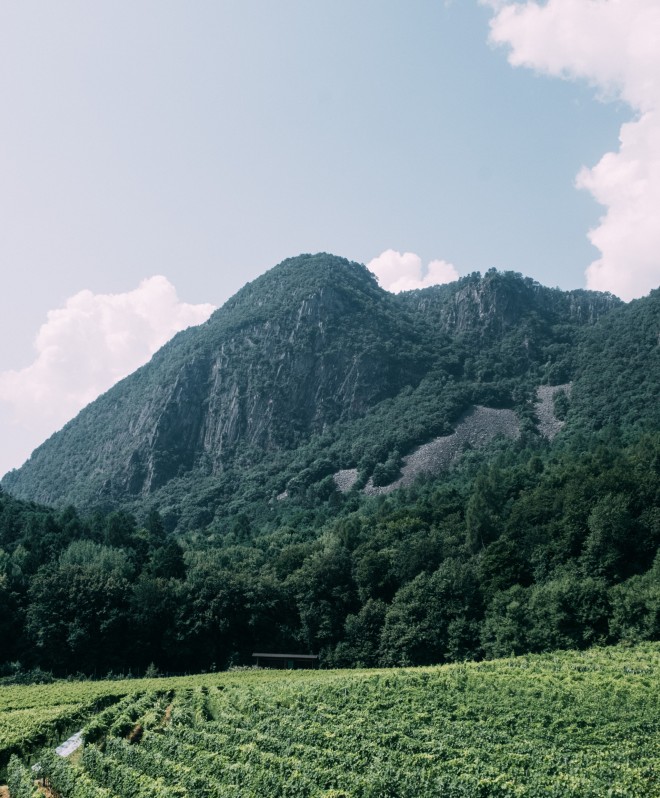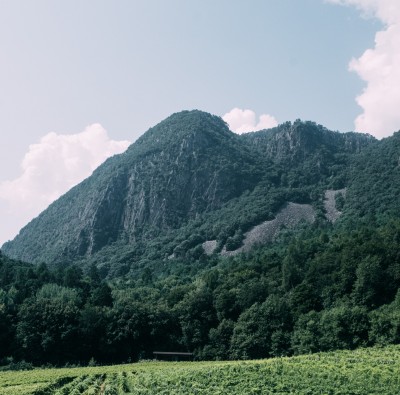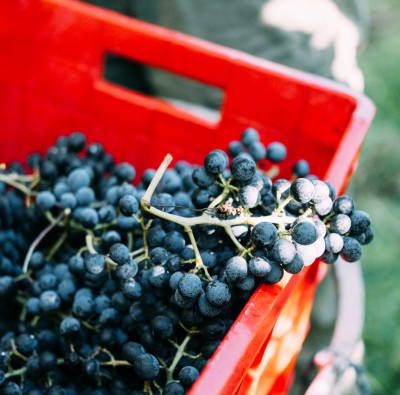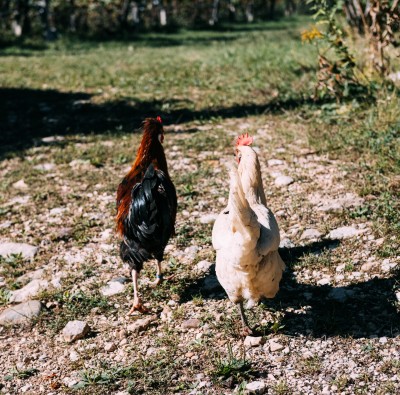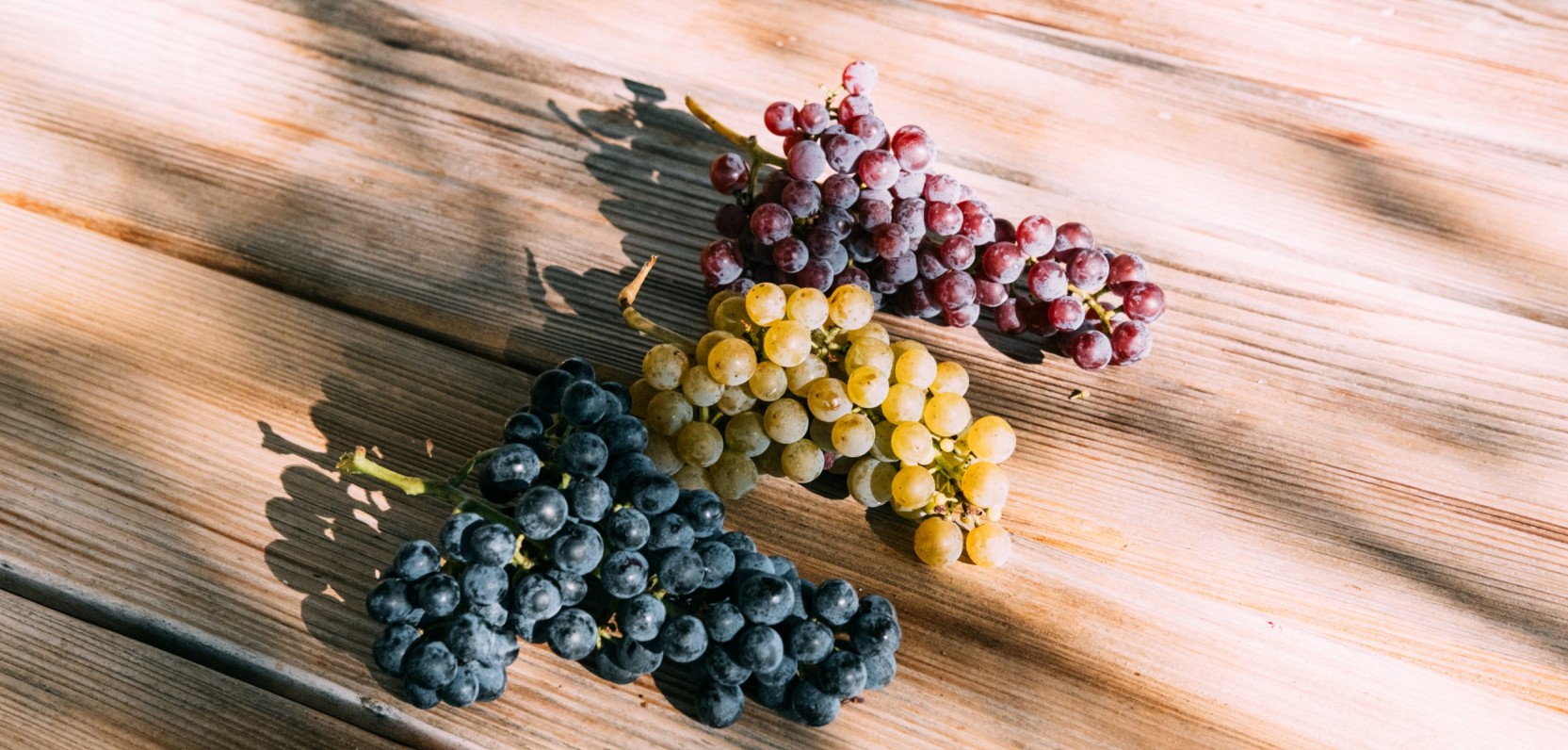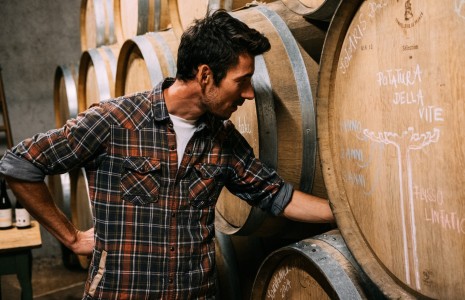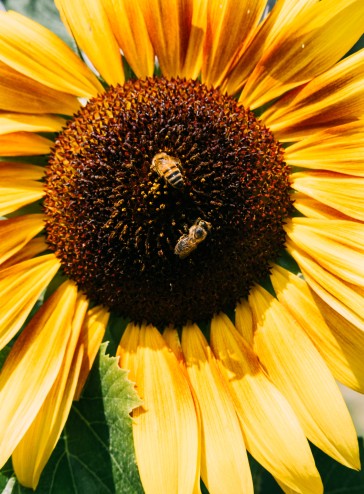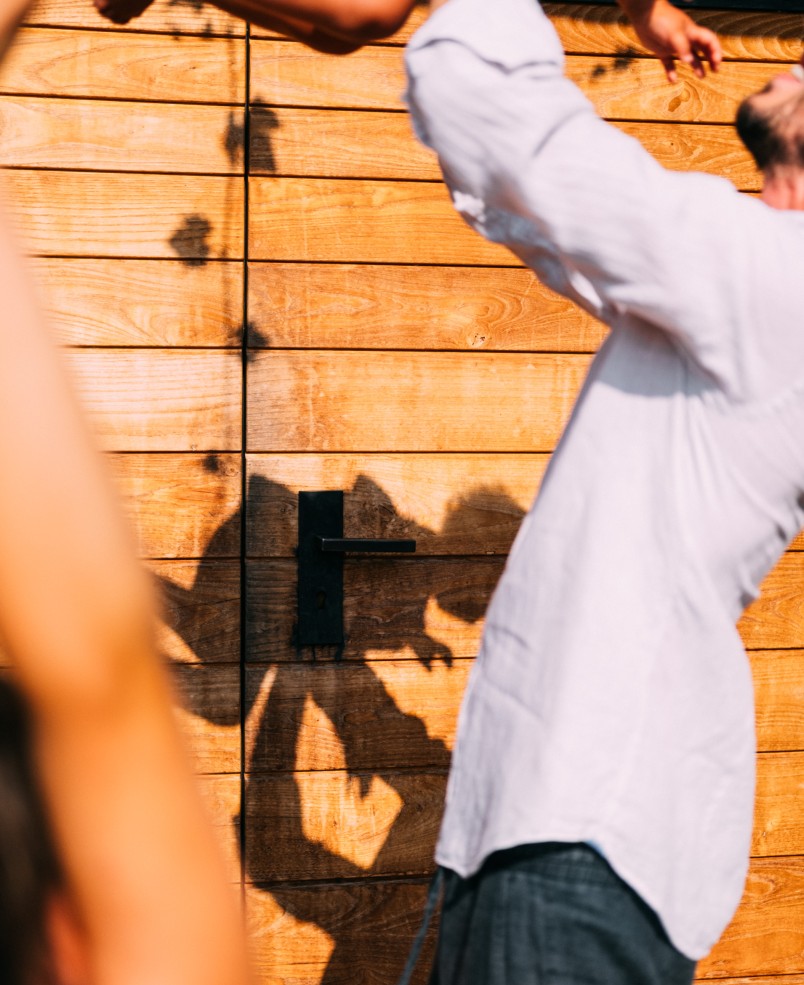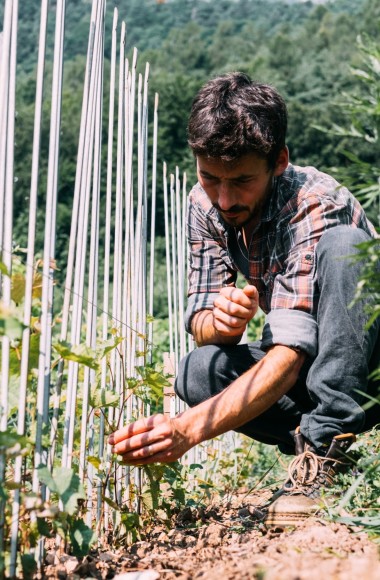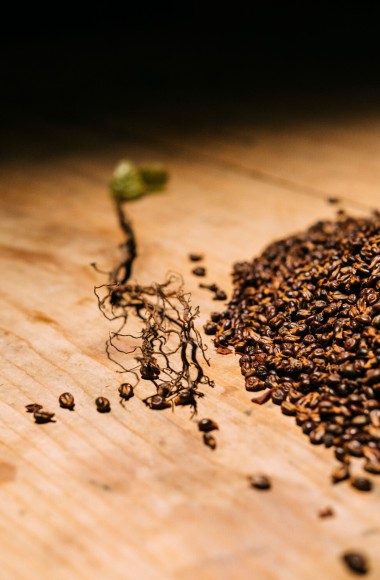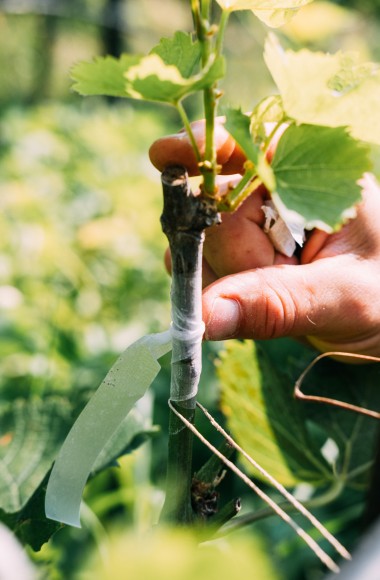At the end of the day, it all comes down to one thing: we want to create wines we feel deeply connected to – wines we can stand behind 100%. Three things are essential to this: nature, time, and craftsmanship.
Nature gives us everything we need – if we accept it as it is. That requires time: our task is to deeply understand natural processes, to guide them with care, and to intervene only when necessary.
Craftsmanship is the art of changing as little as possible and allowing the wine to develop its character in its own time.
And in the end, it’s the people we share this journey with who make every experience on the farm and in the vineyard all the more special.
